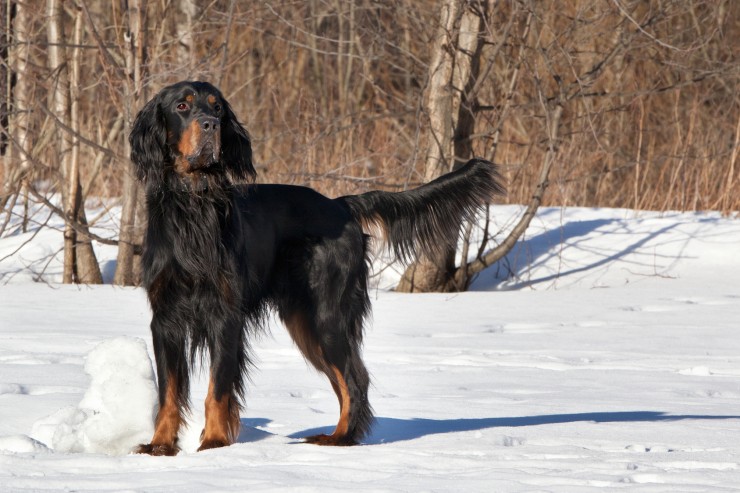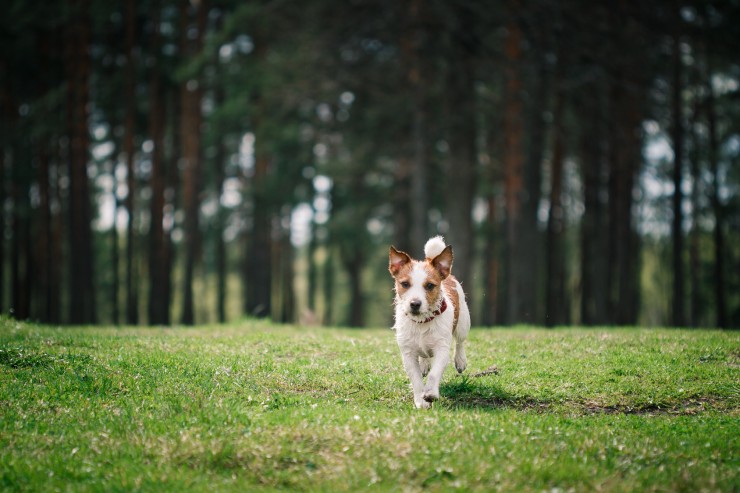
Just about every dog owner I've talked to has at some point said something like this: "My dog would never do __________! He's a good dog."
As dog owners we're all guilty of making statements like that at one time or another. And truth be told, in our day to day lives there's nothing really wrong with that... except that it's not the truth!
Let me explain. Saying a dog is either a good dog or a bad dog is actually just a label we place on them after making a judgment about the dog's behavior that we've witnessed over a period of time. It has absolutely nothing to do with what's actually going on inside of the dog's head and heart.
If you truly want to understand why a dog behaves badly and how you can change that behavior, you must drop the "good dog/bad dog" way of thinking and take a look at the way dogs REALLY are.
The truth is dogs are primarily creatures of action and their behavior is primarily determined by triggers and responses.
Once you fully understand this concept it becomes clear that any dog can misbehave when presented with the correct trigger. I have seen the truth of this played out over and over again. And usually the owner of the dog says something like: "I can't believe she did that! She's normally a good dog." or "There must be some mistake..." or "You must have done something to make her..." or my personal favorite "It's because you have a walking stick..."
Does that mean that everyone who uses a walking stick, a cane or crutch is to blame for your dog's misbehavior? I don't think so. I find there's nothing worse than a dog owner trying to pin the blame for their dog's misbehavior just because they believe that their dog is a good dog and would never do _________.
This is the problem with the "good dog/bad dog" way of thinking. I've even had two dogs start nipping and harassing me at an off-leash dog park while the owner was sitting and talking to someone else. When I grabbed the two dogs by the collar and brought them over to him to express my displeasure, he said: "My dogs would never nip anyone! They're good dogs." Meanwhile myself and ten other witnesses are trying to tell him differently and he wasn't even watching the whole fiasco.
The good news is once you adopt whole heartedly the concept of triggers and responses shaping most of your dog's behaviors, you can then make it work for you instead of against you. Like I said, any dog can be made to misbehave given the correct triggers (and sufficient motivation). And if you understand the different types of responses and what it is that triggers each response, you can put a stop to bad behaviors before they happen AND teach your dog the correct, alternative way to behave.
Did you know that Obedience Training is just the purposeful conditioning of triggers and responses? The verbal command is the trigger and the "action" (eg. the act of sitting) is the response!
The overall concept is easy to understand, but how it plays out for each dog and situation takes a lot more know how. There are many variables including: age, breed, life experiences, amount and types of training, level of socialization and so on. And to make matters worse every dog has different triggers. Nothing is set in stone.
 Caring For An African Fat Tailed Gecko
Caring For An Afr
Caring For An African Fat Tailed Gecko
Caring For An Afr
 A Short Guide To Mating For Successful Dog Breeding
A Short Guide To
A Short Guide To Mating For Successful Dog Breeding
A Short Guide To
 Five Top Tips For Controlling Your Dog Off The Lead
Five Top Tips For
Five Top Tips For Controlling Your Dog Off The Lead
Five Top Tips For
 10 Misconceptions People Commonly Hold About Insects
10 Misconceptions
10 Misconceptions People Commonly Hold About Insects
10 Misconceptions
 Macaw Parrots
Having a Macaw Parrot
Lambeau Let me introduce you to
Macaw Parrots
Having a Macaw Parrot
Lambeau Let me introduce you to
Copyright © 2005-2016 Pet Information All Rights Reserved
Contact us: www162date@outlook.com